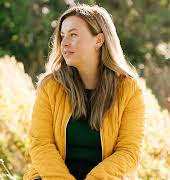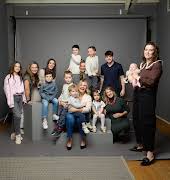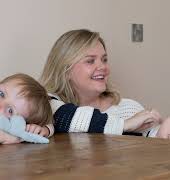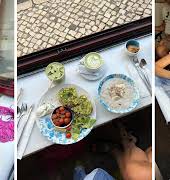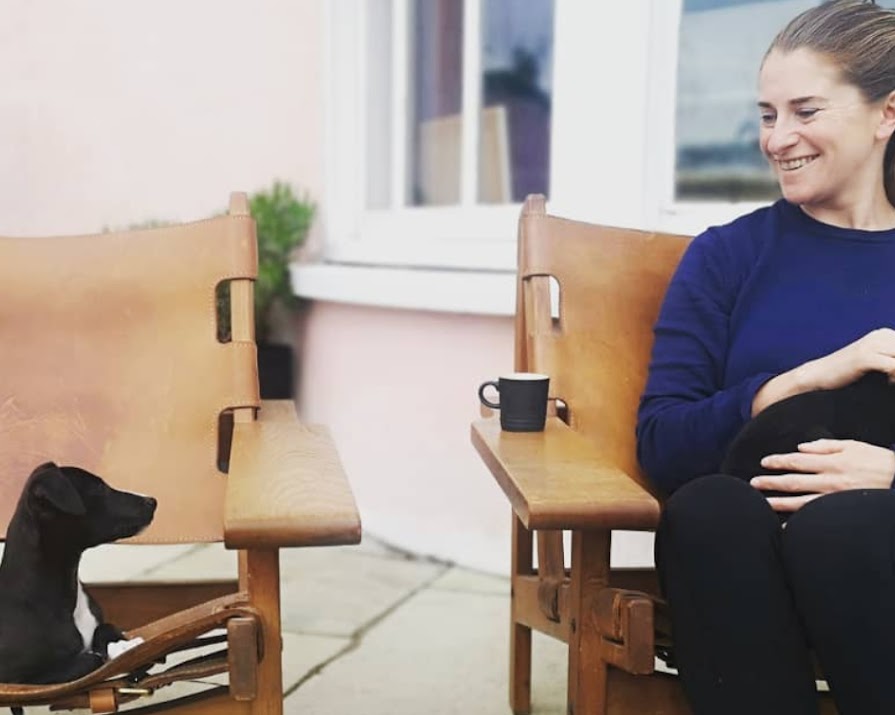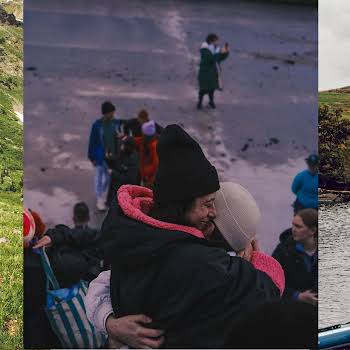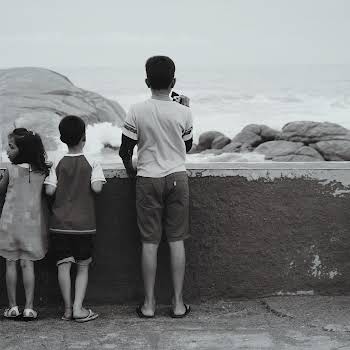‘At 36, I thought I’d have it all worked out. I don’t. Here’s what I am doing about it’
By Leonie Corcoran
16th Sep 2019
16th Sep 2019
We are the second-half of the year and not only do I not have it all figured out, I don’t even know what ‘all’ is.
One of my most liberating learnings recently is that adults don’t have it all figured out. You see, when I was young(er), my parents were pros at protecting us from anything uncertain that was going on around our family.
I never knew about health, financial or other issues that were surely part of their lives.
This left me to worry only about the big things in my life – wanting a pony, hiding my diary from my sisters . . . you know the stuff.
The only disadvantage to this approach was my misguided belief that I would have it “all” sorted out when I got to their age. “Their” age is now my age (well, I’m 36 and they had my sister when they were 30 and 31, so this might be a little overdue) and when it arrived, it made me pause, look around, judge myself against others, measure my choices against theirs and decide in the springtime of renewal back in January, 2019 would be the year I’d nail it.
“I’ve decided to whole-heartedly own the fact that I do not have it all figured out and ditch trying to sort it out.”
Now, we are the second-half of the year and not only do I not have it all figured out, I don’t even know what “all” is.
So, in the spirit of commitment, I’ve decided to whole-heartedly own the fact that I do not have it all figured out and ditch trying to sort it out.
I am replacing trying to figure it “all” out with focusing on weeding out bad habits and watering the good ones. In that way 2019 can continue to be about renewal, but in a more realistic way.
Value of friendship
One thing that has enabled this decision is valuing three things – friendship (we’ll include the mammy and sisters here too), honesty and a growth mindset.
My friends, as they gleefully tell me, don’t have it all worked out either. Instagram aside, obviously, we’ve decided to be honest with each other, side-lining false smiles and “it’s all great, thanks” comments.
Related: An ode to friendship
We’re honest when things are overwhelming and we’re honest when things are absolutely A1 Sharon (who doesn’t want to celebrate those brief moments?!).
We talk about when we think we made the wrong decision; when we are struggling with toddlers or teens; when sex is not exciting as it once was; and when we wake in the middle of the night in a cold sweat worrying about who knows what.
“A growth mindset thrives on challenge and sees failure not as evidence of unintelligence but as a heartening springboard for growth.”
To this friendship table (which I see as my gardening table), we also bring our bright blooms of success – whatever that might look like – and our ideas for replanting and growth.
Stanford University psychologist Carol Dweck describes a “growth mindset” as a belief that you can grow and improve.
She explains that while a “fixed mindset” assumes our character, intelligence and creative ability can’t change in any meaningful way, a growth mindset thrives on challenge and sees failure “not as evidence of unintelligence but as a heartening springboard for growth and for stretching our existing abilities”.
Neuroplasticity
This is based on the theory of neuroplasticity which has found large-scale changes in adulthood can occur through repetitious behaviour, emotions, thoughts and other stimuli. This means not only are we, as adults, always learning but we can also actively change how we think.
The friendship table I choose to sit at and cultivate (often via WhatsApp voice notes) is based on this thinking – we support each other as we grow.
We don’t judge “failures”; we see them as part of our story and opportunities to learn and, often, laugh.
We speak positively when someone casually mentions they are thinking of a up-ways, down-ways or sideways career step.
We give space to talk it out, encouraging the person to trust and be kind to themselves.
We’d bet on a friend in a moment, so we tell them that. We challenge them to ask themselves why they shouldn’t bet on themselves and add water to their new idea?
Being kind
Within friendships, we don’t think about being kind to each other because it’s the implicit in how you operate.
When it comes to ourselves, it can be a little harder. But there’s no better time than September, a time of renewal, to start watering this habit.
I am starting with a daily mantra around kindness and renewal. I’m going to start saying to myself what I would say to my best friend.
I commit to watering the habit daily.
I’ll keep you posted.
Read more: 30 questions that will strengthen your closest friendships
Read more: ‘Happiness is something you choose’
Read more: Why we need our friends


